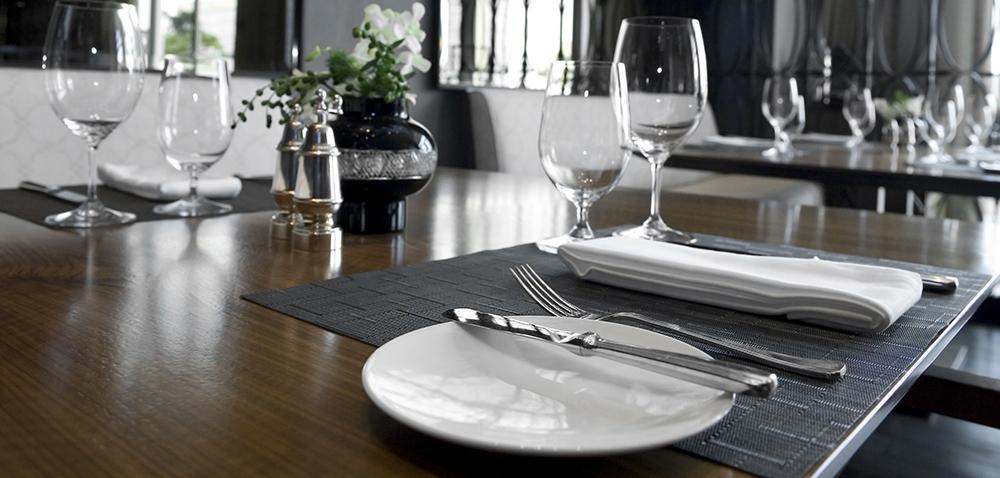Good behavior began in Tuscany

Places like England and France may seem like the home of good manners and sophisticated behavior, but the truth is, most of what they know, they picked up from a book written by an Italian well-versed in the art of etiquette even before many royals.
First published in 1558, “Galateo: The Rules of Polite Behavior" was written by famous Florentine nobleman by the name of Monsignor della Casa. He introduced the world to what he claimed were the proper ways to behave when in company, and wrote the book as a guide for his nephew, whom he had high hopes for.
The inspiration for the book was a great friend of the Renaissance author - Messer Galeazzo Florimonti, Bishop of Sessa – who also gave his name to the work. Della Casa saw him as a person of distinguished morality, wisdom and discipline and a fine example of how a civilized person should conduct themselves.
The rules of conduct Della Casa put to paper were varied and precise. From the right way to eat a meal (using a knife and fork of course), how to dress well (wear good fitting clothes), the appropriate language to use when addressing different types of people and above all else – don’t be disgusting. Bodily functions were said to be largely gross and anything that comes from inside the body should stay there, or be evacuated in total privacy.
Little habits that annoy people may seem trivial, but as Della Casa put it “Even light blows, if they are many, can kill”. Sadly, he never got to enjoy his status as founder of the world’s etiquette. De Casa died two years before his work was published.
First published in 1558, “Galateo: The Rules of Polite Behavior" was written by famous Florentine nobleman by the name of Monsignor della Casa. He introduced the world to what he claimed were the proper ways to behave when in company, and wrote the book as a guide for his nephew, whom he had high hopes for.
The inspiration for the book was a great friend of the Renaissance author - Messer Galeazzo Florimonti, Bishop of Sessa – who also gave his name to the work. Della Casa saw him as a person of distinguished morality, wisdom and discipline and a fine example of how a civilized person should conduct themselves.
The rules of conduct Della Casa put to paper were varied and precise. From the right way to eat a meal (using a knife and fork of course), how to dress well (wear good fitting clothes), the appropriate language to use when addressing different types of people and above all else – don’t be disgusting. Bodily functions were said to be largely gross and anything that comes from inside the body should stay there, or be evacuated in total privacy.
Little habits that annoy people may seem trivial, but as Della Casa put it “Even light blows, if they are many, can kill”. Sadly, he never got to enjoy his status as founder of the world’s etiquette. De Casa died two years before his work was published.
